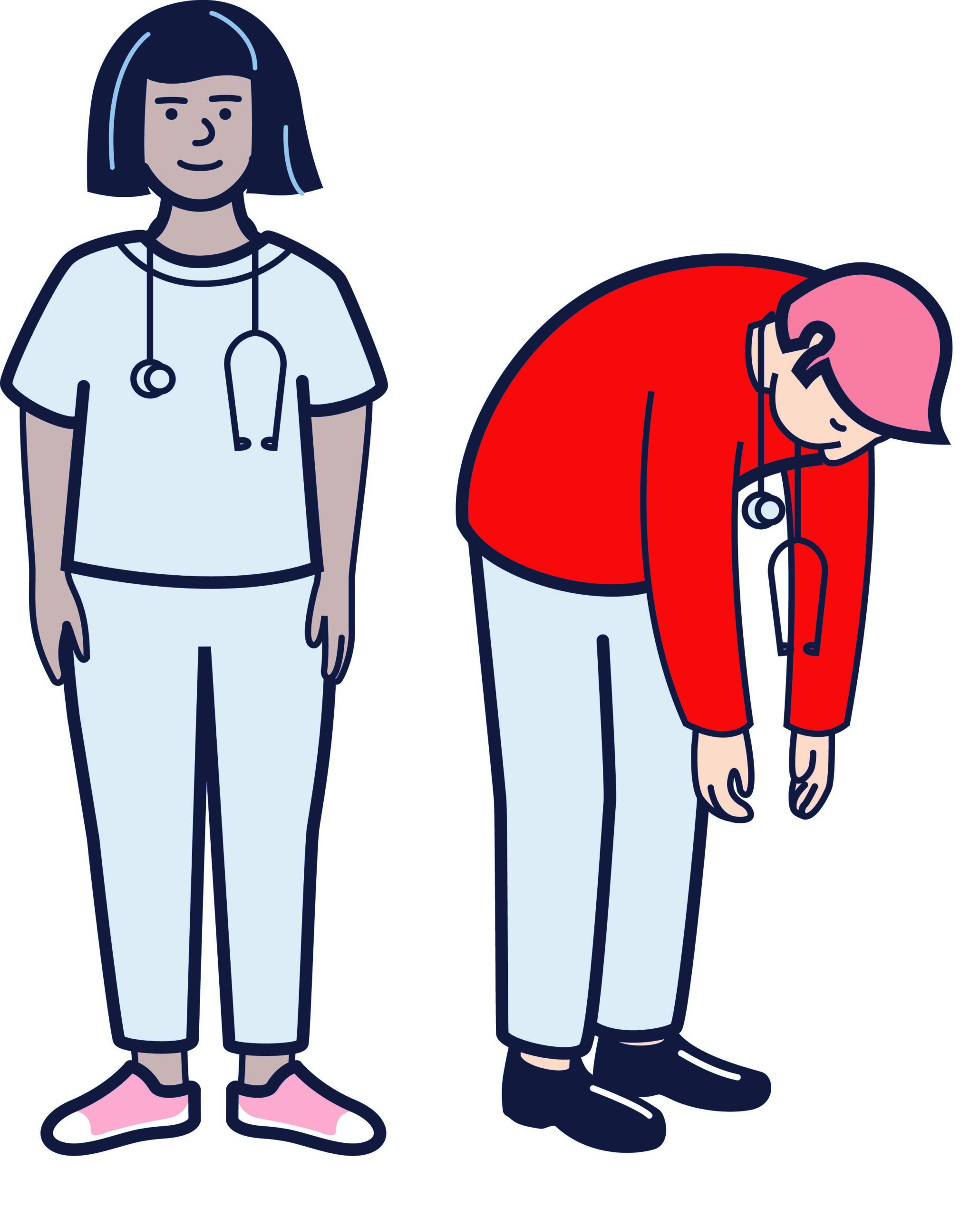New Zealand’s understaffed, underpaid health workforce is running on empty. ASMS hit back at the Health Minister with this opinion piece on Stuff and in the Sunday Star Times.
Health Minister Andrew Little wrote last week that our hospitals are ready for Omicron. (Covid-19: Are our hospitals ready for the worst? Andrew Little says yes – Stuff 13 February)
In some respects, he is right. We have so many skilled, hard-working health care workers, who are renowned for punching above their collective weight to deliver great care.
He also noted in passing that what we have achieved so far is “at the expense of nurses and other health workers, particularly in our northern hospitals, who have worked under-staffed shifts…”
Could we just pause for a minute? Because our under-staffed, under-paid health workforce is surely deserving of more than a couple of wistful lines.
I lead the union for senior doctors and dentists.
Our workforce is primarily hospital-based and these experienced consultants, medical and dental officers are increasingly running on empty. Thanks to an unlucky guess by the State Services Commission (which gambled that our economy would tank during Covid) our members have been offered a zero-pay increase and told they might be lucky to get a 1.5% pay increase in a second year — maybe. That is all with inflation now running at nearly 6%.
Meanwhile, they are swamped by a rising tide of acutely ill patients, almost all of whom have not been sick with Covid. Senior doctors are doing their jobs amidst massive staffing gaps and insufficient beds, not to mention overstretched community-based services.
Every day our dwindling health workforce must work out who is the most acutely ill person to be seen next, where they might try to put them, and whether there are sufficient staff in place to do the mahi.
Our people are tired. They are fed up. And they are angry that this Government, which has done so many things well in keeping Covid at bay, seems to have a blind spot when it comes to caring for those who lead our health efforts.
It is not enough to keep thanking them for the great job they are doing. They, like all workers, deserve to hold an expectation that their salaries will – at the very least – keep up with inflation, rather than being rewarded with an effective pay cut.
Arbitration just found that the police, who are another group of frontline workers keeping New Zealanders safe, deserve a pay rise.
So, what about the frontline of health? Have we really reached a point at which a senior minister can gloss over the gaps in our critical health workforce in a sentence or two? Isn’t now exactly the time that we, as a community, as a nation, as a team of five million, should do more than say a casual thank you to our health workforce and pay them what they are really worth?
Sarah Dalton – Executive Director of the Association of Salaried Medical Specialists

